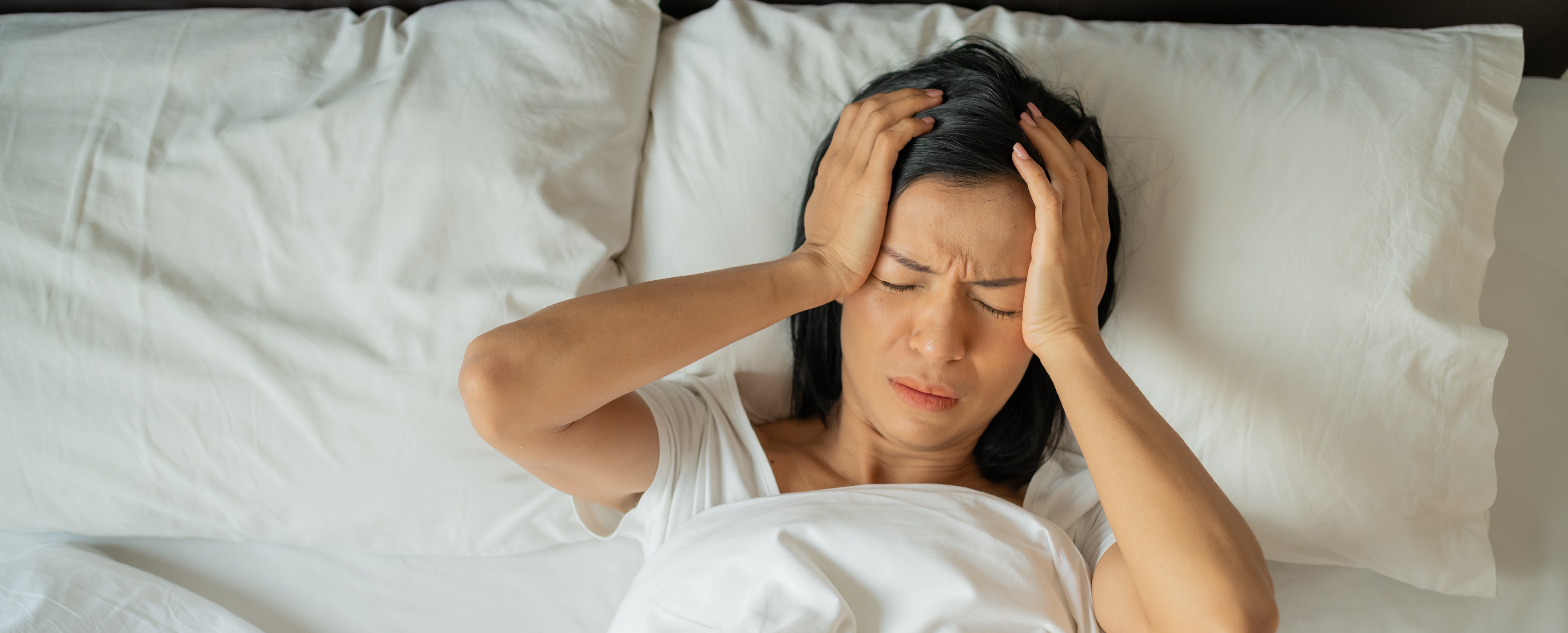
The Beginner's Guide to Understanding Sleep Disorders

Sleep disorders are commonly classified into three broad categories: insomnia, sleep apnea and restless leg syndrome. The most common is insomnia, which involves difficulties falling asleep or staying asleep. Other types of sleep disorders include waking up too early, narcolepsy (uncontrollable daytime sleepiness) and parasomnias (abnormal movements or behaviours that occur during sleep).
Anxiety Disorder or Sleep Disorder?
Sleep disorders are any of several types of disorders that interfere with the ability to sleep. They differ from insomnia in that they involve an alteration in normal sleep patterns and/or quality. There are many non-medical conditions that can also cause problems sleeping at night such as anxiety disorders or mental illnesses like depression or bipolar disorder. When these conditions occur together it can make it harder for you to get a good night's rest every night; when one problem comes up, then another will follow after it like dominoes falling down one by one.
Health Risks of Sleep Disorder
According to the National Sleep Foundation, it's a common misconception that sleep disorders are only a problem for babies and children. Adults can experience these issues as well—and they can be serious health problems. In fact, according to the American Board of Internal Medicine, many chronic diseases and conditions—including diabetes and cardiovascular disease—are directly related to poor sleep quality or lack thereof.
Sleep disorders can also increase your risk for developing heart disease and obesity, both of which are major contributors to stroke. If you have any type of cardiac arrhythmia or rhythm disturbance (heart flutter), this condition may be worsened by poor sleep quality or lack thereof due to insomnia symptoms like restlessness during bedtime hours.
Treatment of Sleep Disorder
If you think that you have a sleep disorder, speak to your doctor. Also look into the causes of your sleep problems and try to find ways of managing them. You may find it useful to learn more about sleep disorders in general or about your specific type of problem (for example, insomnia or insomnia).
Manage stress by exercising regularly, practising relaxation techniques and getting enough rest between work days.
Reducing Anxiety to Sleep Soundly
A study by the Sleep and Anxiety Lab at Harvard Medical School found that listening to soothing music can help you fall asleep faster and stay asleep longer. The researchers monitored the brain waves of each participant as they slept, noting that those who had listened to relaxing music were able to sleep through most of the night without waking up. This was compared with those whose brains kept waking them up during their sleep period, which can lead to a lack of overall restfulness.
In order for this technique to work best, you should choose calming songs or sounds from nature (such as rainfall) that are low in volume but still audible enough for you not to miss out on them when trying to nod off into slumberland after listening for a little bit of time.
Also be sure to eat a healthy diet, exercise regularly and practise relaxation techniques such as meditation or yoga. Take time out for yourself by going for a massage or getting a facial once in a while to help you relax. Most importantly, do things that make you happy and give you joy, whether it’s spending time with friends and family or doing something fun like skiing or hiking in nature – the main thing is not to neglect your health!
Articles
Build your awareness and get inspired with our researched articles on how you can strengthen your well-being
Popular Topics
An OTP has been sent to the email address
provided.
Please check your Inbox and Spam folders.

What Would You Like to Speak with a Specialist About?
Mental Fitness Journey starts Now!
Chearful Connects you with Top-tier Qualified Wellness specialists for the Price of a cup of Coffee!

Next Steps
- A Client Team member will reach out to you to schedule a session with the most suitable specialist.
- You will receive an email with a 10% Discount Code* for your 1st session.
- We invite you to Explore the Platform & Sign Up today! *Upto a maximum of $10 discount on a session purchased




 1322 Read
1322 Read









